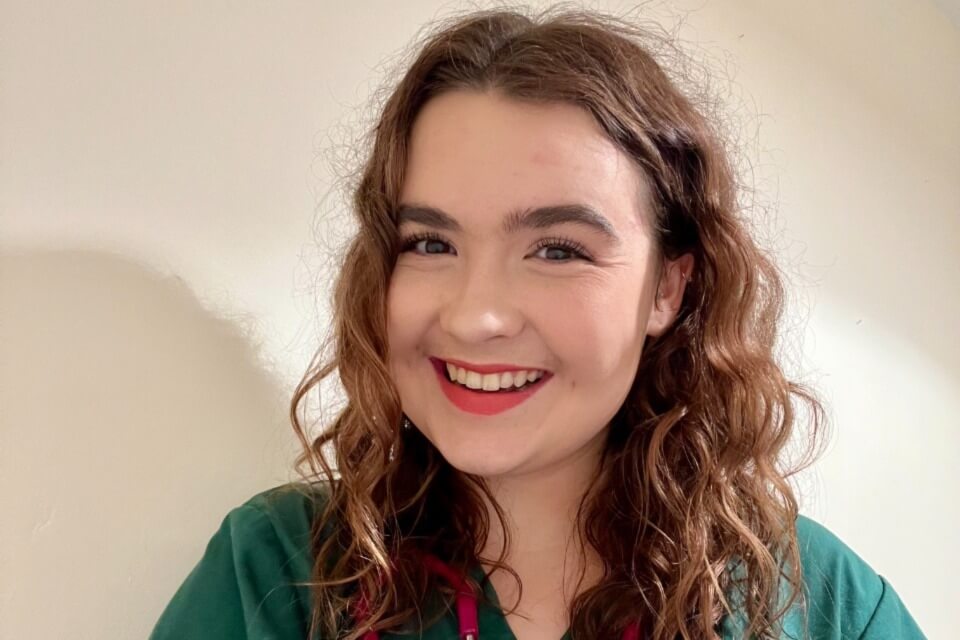19 January 2023
|3 minutes
How to survive your first night shift

Introduction
At some point during your medical career, you will face your first night shift. Whether it’s part of your placement or your F1 year, it’s an inevitable part of working as a doctor. Here, Dr Danielle Sutherland shares her top tips for surviving your first night shift, before, during and after.
Pre-night shift
You should have the day off before your night shifts start, so use this as an opportunity to begin adjusting your routine. The evening before a night shift, I try to stay awake as late as I can so it’s less of a shock to the system when I start work. Making dinner plans, watching Netflix, baking and having a bubble bath are all some of my favourite ways to relax and stay up late before a night shift.
Despite my best efforts, I don’t usually make it past 3am. So, I make sure that I also take a long afternoon nap beforehand as well. This helps me to start the shift refreshed, but also adjusts my body to sleeping during the day. I’d highly recommend a sleep mask or some blackout curtains, especially if its summer and light outside.
Night shifts can be very busy – especially the first few hours. This means it can be difficult to find time to eat. Even though it’s technically “breakfast”, I still like to have a big, cooked meal in the evenings before I start. I try to have something that is balanced with veggies, protein and carbs so that I’ll be full and energised for several hours.
During the night shift
While night shifts can be very busy, it’s still important to eat. I keep small snacks in the pockets of my scrubs so that no matter how busy I get, I can always grab a bite when I’m hungry. Some of my favourite snacks include breakfast bars, mini cheeses or salt and vinegar rice cakes.
Staying well-hydrated is also important. It will help you feel alert and awake, leading to better decision-making. I’m also partial to a Coke Zero, which I drink if I need a bit of a caffeine hit to keep me going.
Another key part of surviving a night shift is being able to prioritise effectively. Depending on where you work, you may be clerking or covering wards. There will be less staff in the hospital at night, and you’re therefore likely to have less support, more jobs and an increase in decisions that need to be made.
With this in mind, it’s essential that you take time to make a list of your jobs and decide their priority order. Emergencies and time-sensitive tasks should always come first. You may be asked to do other, non-urgent things, and it can become overwhelming if you have a lot to do.
Just remember that you can only do so much as one person, so don’t be afraid to ask someone more senior for help if you feel out of your depth or you’re unsure which jobs are most important.
Post-night shift
It sounds obvious, but it’s really important to rest after your night shift. It can be tempting to fill your days off and keep yourself busy, but night shifts can be exhausting and your body will need time to recover.
Take a few hours to sleep and make plans that you will find restful – be it coffee with a friend, taking time to catch up on laundry or simply relaxing with some TV.
On the other hand, don’t be tempted to sleep all day once your night shifts are over. It’s important to readjust your body back to it’s normal timings. You should have at least 24 hours before you are next at work to be able to do this.
I hope that these tips are useful and help to make your first night shift feel less daunting. What is most important is prioritising your mental health and energy levels. Everyone works differently, so try and find a pre and post-night shift routine that works for you – and stick to it!
